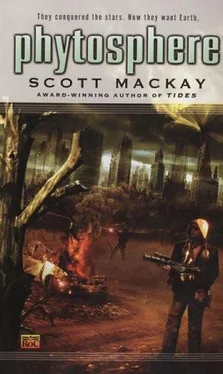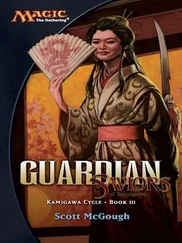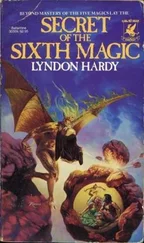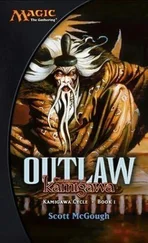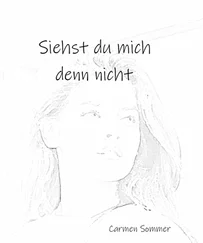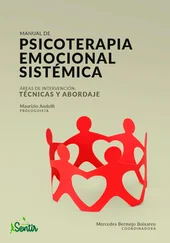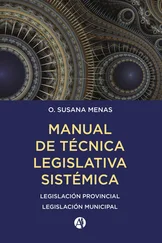The president turned to his chief of staff, Holden Gregory. Gregory raised his eyebrows and shook his head. “It never reached my desk.”
In other words, Neil had quashed it.
“The great thing about this technique is that everybody can do it. Anything that has iron content can be thrown into the ocean. If we alert governments worldwide, and fast-track the production of artificial ferrous materials as an ocean fertilizer, we should see significant improvement in as little as six months.”
The plan was put into effect.
Slowly the world came round.
Gerry and Glenda followed developments on TV, now resurrected on a limited basis, from their new three-story home in Nag’s Head, North Carolina.
They followed not only the story about increasing oxygen levels, but all stories related to the aftereffects of the phytosphere.
For instance…
Some animal, bird, and fish species were now extinct, but many had survived, albeit in small numbers.
As for the Tarsalans, SETI apparatus monitored the skies for signals, and because the Tarsalans had actually improved all this equipment during the honeymoon period of First Contact, upgrading it to send and receive instantaneously, Earth intercepted radio communications from many of the civilized worlds, but, oddly, none from Tarsala itself. Which Gerry thought strange, because the Tarsalans were always so full of well-meaning, if misplaced, advice.
Also…
In the months immediately following the destruction of the phytosphere, Neil’s virus found its way to the Moon, no doubt because the Moon had endless visitors from Earth. One of the two hundred Tarsalan refugees on the Moon caught the virus, and that was it—in a matter of days they were all dead, including Kafis.
In the spring following the destruction of the phytosphere, Gerry and his new extended family were at their house at Nag’s Head. They had just been to the beach. They were all in the kitchen, and Glenda was making lunch—not much of a lunch, because the whole country was on a draconian rationing system, even though the food-supply network was starting to come back fairly successfully now. (The Western Secessionists were cooperating.) Glenda was in the middle of mixing egg powder to make scrambled eggs. The four kids were playing Chinese checkers at the kitchen table. The window was open, letting in fresh sea air.
Glenda stopped stirring the egg powder. She looked up. She peered out the window, then exited the house via the back deck that led off the kitchen.
“Glenda?” said Gerry.
She didn’t answer. He got up and followed her. The kids remained distracted by their game of Chinese checkers.
He went out onto the deck, down the steps, and into the yard. As with their house in Old Hill, a woods abutted the back. Glenda was now standing at the end of the yard peering up at the dead trees. Several young saplings, with the return of the light, had begun to sprout in between the dead trees. And even some of the bigger trees, apparently stalwart enough to survive the long stretch of sunlessness, were starting to come back. Grass and weeds were coming back as well.
Gerry reached the back fence and stood next to Glenda. “What’s wrong?”
“Shhh. Do you hear it?”
“Hear what?”
“Listen.”
Over the sound of the wind rustling through the dead branches, he now heard the sweet song of a… a what? He wasn’t much of a bird fancier.
But his wife… Glenda’s eyes lit up as if with the glow of celestial magic. “It’s a cardinal. Look. There it is.”
He looked. The bird’s crimson plumage was like a dash of hope at the beginning of this new world. It was like a revelation. It told him that it was, at last, over. And when Glenda finally looked at him, he knew that all the trouble between them was finally over as well. The world was vastly different, weighted with tragedy and death. But like that cardinal up there, it was also a place of new starts.
For him, as well as for everybody else.
And he decided a new start was all anybody could ask for.
The author would like to thank the following for their contributions to this novel: Anne Sowards, Joshua Bilmes, A.V. Phillips, Ian Mackay, Joanie Mackay, and Claire Mackay.
Publisher: Penguin Group (USA)
Pub. Date: June 2007
ISBN-13: 9780451461582
